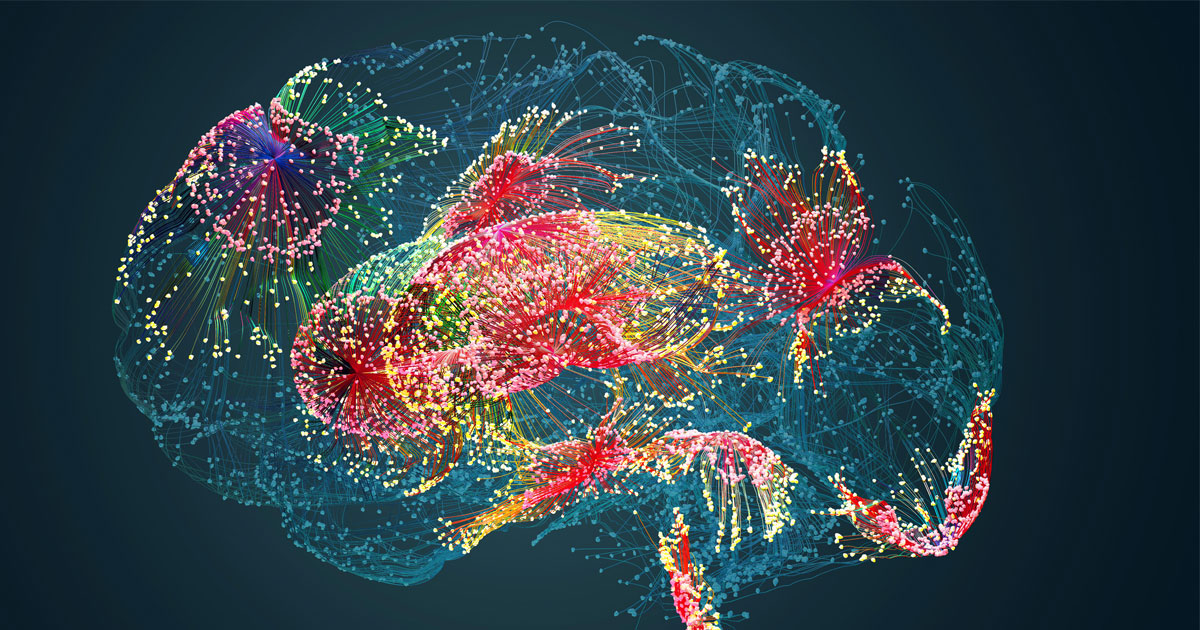1. Sharifi-Rad, M., Anil Kumar, N. V., Zucca, P., Varoni, E. M., Dini, L., Panzarini, E., … & Sharifi-Rad, J. (2020). Lifestyle, oxidative stress, and antioxidants: back and forth in the pathophysiology of chronic diseases. Frontiers in physiology, 11, 694. [cited 2023 June 22]
2.Salim S. (2014). Oxidative stress and psychological disorders. Current neuropharmacology, 12(2), 140–147. [cited 2023 June 22]
3. Schulz JB, Lindenau J, Seyfried J, Dichgans J. Glutathione, oxidative stress and neurodegeneration. Eur J Biochem. 2000 Aug;267(16):4904-11. doi: 10.1046/j.1432-1327.2000.01595.x. PMID: 10931172. [cited 2023 June 22]
4. Byeon, E., Park, J. C., Hagiwara, A., Han, J., & Lee, J. S. (2020). Two antidepressants fluoxetine and sertraline cause growth retardation and oxidative stress in the marine rotifer Brachionus koreanus. Aquatic toxicology (Amsterdam, Netherlands), 218, 105337. [cited 2023 June 22]
5. Deavall, D. G., Martin, E. A., Horner, J. M., & Roberts, R. (2012). Drug-induced oxidative stress and toxicity. Journal of toxicology, 2012, 645460. [cited 2023 June 22]
6. Lana, J. F. S. D., Lana, A. V. S. D., Rodrigues, Q. S., Santos, G. S., Navani, R., Navani, A., da Fonseca, L. F., Azzini, G. O. M., Setti, T., Mosaner, T., Simplicio, C. L., & Setti, T. M. (2021). Nebulization of glutathione and N-Acetylcysteine as an adjuvant therapy for COVID-19 onset. Advances in redox research : an official journal of the Society for Redox Biology and Medicine and the Society for Free Radical Research-Europe, 3, 100015. [cited 2023 June 22]
7. Zalachoras, I., Hollis, F., Ramos-Fernández, E., Trovo, L., Sonnay, S., Geiser, E., Preitner, N., Steiner, P., Sandi, C., & Morató, L. (2020). Therapeutic potential of glutathione-enhancers in stress-related psychopathologies. Neuroscience & Biobehavioral Reviews, 114, 134-155. [cited 2023 June 22]
8. Prousky, J. (2008). The treatment of pulmonary diseases and respiratory-related conditions with inhaled (nebulized or aerosolized) glutathione. Evidence-Based Complementary and Alternative Medicine, 5(1), 27-35. [cited 2023 June 22]
9. Dentico, P., Volpe, A., Buongiorno, R., Grattagliano, I., Altomare, E., Tantimonaco, G., Scotto, G., Sacco, R., & Schiraldi, O. (1995). Il glutatione nella terapia delle epatopatie croniche steatosiche [Glutathione in the treatment of chronic fatty liver diseases]. Recenti progressi in medicina, 86(7-8), 290–293. [cited 2023 June 22]
10. Smeyne, M., & Smeyne, R. J. (2013). Glutathione metabolism and Parkinson’s disease. Free radical biology and medicine, 62, 13-25. [cited 2023 June 22]
11. Al-Mashhedy, L. A. (2012). Study of Glutathione and Total thiol Levels in Irritable Bowel Syndrome Patients. Journal of University of Babylon, 20(2). [cited 2023 June 22]
12. Perricone, C., De Carolis, C., & Perricone, R. (2009). Glutathione: a key player in autoimmunity. Autoimmunity reviews, 8(8), 697–701. [cited 2023 June 22]
13. Prasad A, Andrews NP, Padder FA, Husain M, Quyyumi AA. Glutathione reverses endothelial dysfunction and improves nitric oxide bioavailability. J Am Coll Cardiol. 1999 Aug;34(2):507-14. doi: 10.1016/s0735-1097(99)00216-8. PMID: 10440166. [cited 2023 June 22]
14. Rose, S., Melnyk, S., Pavliv, O., Bai, S., Nick, T. G., Frye, R. E., & James, S. J. (2012). Evidence of oxidative damage and inflammation associated with low glutathione redox status in the autism brain. Translational psychiatry, 2(7), e134. [cited 2023 June 22]
15. Dean OM, van den Buuse M, Bush AI, Copolov DL, Ng F, Dodd S, Berk M. A role for glutathione in the pathophysiology of bipolar disorder and schizophrenia? Animal models and relevance to clinical practice. Curr Med Chem. 2009;16(23):2965-76. doi: 10.2174/092986709788803060. PMID: 19689277. [cited 2023 June 22]












